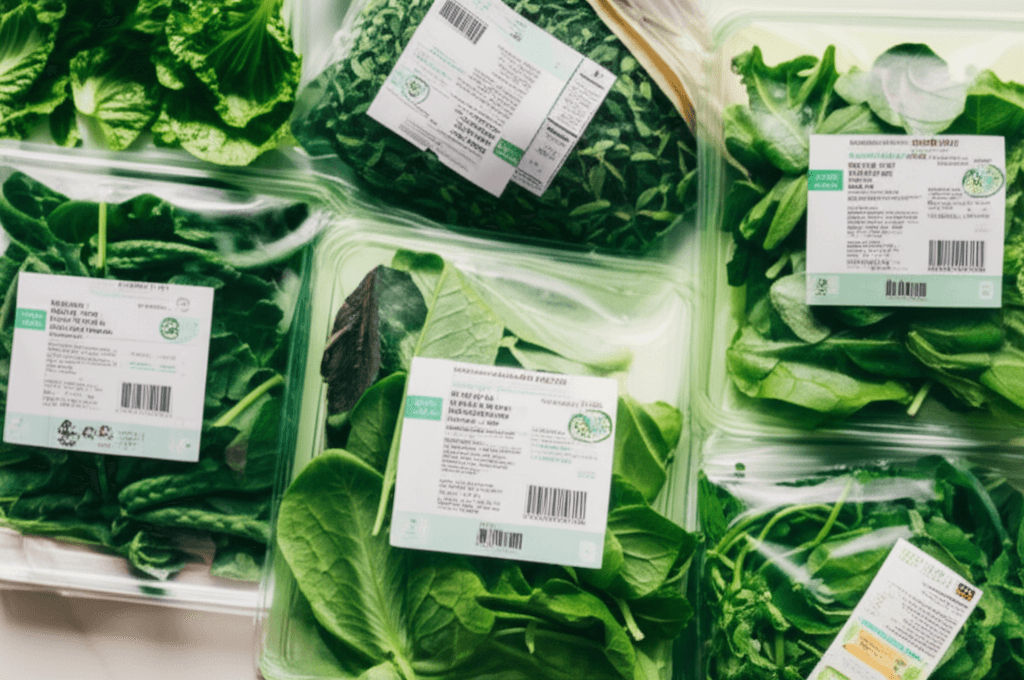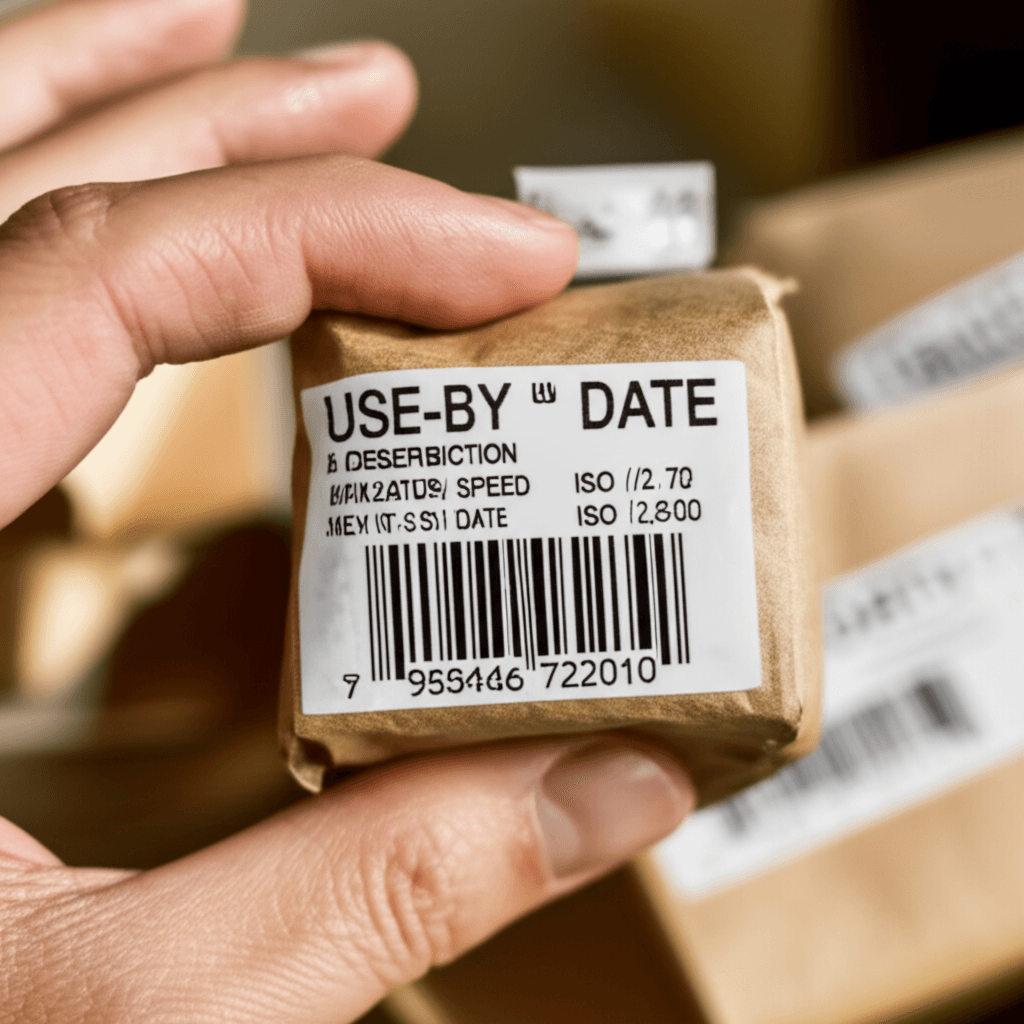While many food labels offer “best before” or “sell by” dates that indicate peak quality rather than safety, the “use-by” date is a critical safety marker that should never be ignored. Nutrition and food safety experts emphasize that consuming certain perishable foods after this date can pose significant health risks due to the rapid growth of harmful bacteria, even if the food appears and smells fine.
Nudrat Chagtai, a registered nutritional therapist, explains that “use-by” dates directly relate to safety, especially for perishable items like meat, fish, dairy, and ready meals, which can become breeding grounds for bacteria. Naturopathic nutritional therapist Katie Poyasov stresses that the “use-by” date is a legal safety marker, and even if food looks and smells acceptable, dangerous bacteria such as Listeria or Salmonella can be present.
Here are seven foods you should always discard once they’ve passed their use-by date:

1. Raw and Cooked Meats (Including Poultry)
Meat, particularly raw chicken, is a high-risk food due to its susceptibility to bacterial contamination. Raw chicken can harbor dangerous bacteria such as Campylobacter, Salmonella, and E. coli. While proper cooking can kill these bacteria, toxins produced by them might remain and still cause food poisoning. Once raw chicken passes its use-by date, it should be discarded, as it typically lasts only 1-2 days in the fridge. Similarly, cooked meats should also be consumed within 3-4 days to avoid illness.
The Dangers of Contaminated Meat
Symptoms of food poisoning from spoiled meat can include high fever, chills, nausea, vomiting, diarrhea, and in severe cases, require hospitalization. Even if meat shows no obvious signs of spoilage like unusual odors, discoloration, or mold, harmful pathogens can still be present.

2. Deli Meats and Lunch Meats
Pre-packaged or freshly sliced deli meats are notorious for harboring Listeria monocytogenes, a type of bacteria that can grow even under refrigeration. Food safety attorney Jory Lange notes that high-moisture, low-salt deli meats are particularly prone to bacteria growth leading to food poisoning past their expiration dates.
Listeria Risk
Listeria infection can be particularly serious for vulnerable groups, including pregnant women, young children, the elderly, and those with weakened immune systems. Symptoms can include stomach cramps, vomiting, diarrhea, and fever. Vanessa Coffman, a program director at Stop Foodborne Illness, advises against tasting deli meat to check for spoilage, as dangerous pathogens may not be detectable by sight, smell, or taste.

3. Soft Cheeses
Unlike hard cheeses where mold can often be cut away, soft cheeses such as Brie, Camembert, ricotta, cream cheese, and crumbled varieties allow mold threads and harmful bacteria to spread easily throughout the product. These can include Listeria, Brucella, Salmonella, and E. coli.
Rapid Spoilage in High-Moisture Cheeses
Due to their higher moisture content, soft cheeses spoil faster and pose a greater risk of foodborne illness if consumed past their use-by date. Even a small amount of contaminated cheese can carry enough bacteria to cause sickness. If soft cheese is moldy or expired, it’s best to discard the entire product.

4. Fresh Seafood (Raw Fish)
Seafood is highly perishable and spoils faster than many other foods due to its higher pH level. The FDA recommends refrigerating seafood for only one to two days before cooking or freezing. Consuming expired seafood can lead to various foodborne illnesses, including scombroid poisoning, caused by high levels of histamine, or other bacterial infections.
Identifying Spoiled Seafood
Spoiled seafood often has a sour, strongly fishy, or ammonia-like smell that becomes more intense after cooking. If raw fish feels dry or mushy, it is likely old and unsafe to eat. It is always best to consume fresh seafood soon after purchase and strictly adhere to its use-by date.

5. Leafy Greens and Pre-Packaged Salads
While appearing innocent, leafy greens like spinach and pre-packaged salads are common sources of foodborne illness outbreaks. They can be contaminated with bacteria like E. coli during packaging, and even pre-washing does not guarantee complete safety. Once past their use-by date, leafy greens can turn bitter and increase the risk of foodborne illness.
Hidden Contamination
A study highlighted that bacteria in bagged salads can increase dramatically within five days, making expired salads more likely to contain harmful pathogens. If leafy greens become slimy or develop an “off” smell, they should be discarded immediately.

6. Fresh Berries
Fresh berries are delicious and nutritious but spoil very quickly. Mold spreads rapidly on soft fruits like berries, and consuming moldy fruit can cause illness or allergic reactions. It’s crucial to check berries for any signs of mold or mushiness and discard any affected fruit and those it has touched.
Rapid Mold Growth
To extend their shelf life, professional chef Norah Clark suggests freezing berries if they are nearing their expiration date. However, once thawed, they should be used immediately, and any leftovers discarded.

7. Infant Formula
Infant formula is unique because its use-by date is federally mandated for safety. After the use-by date, the nutrient levels in the formula may drop, which is a significant concern as it is the sole source of nutrition for infants. The Food Safety and Inspection Service (FSIS) requires that the nutrients in the formula match the amounts listed on the label.
Crucial for Infant Health
Consuming expired infant formula could lead to nutrient deficiencies in infants, making adherence to the “use-by” date absolutely critical.

The Importance of “Use-By” Dates
Distinguishing between “use-by,” “best before,” and “sell-by” dates is essential for food safety. While “best before” and “sell by” dates are often about quality, “use-by” dates are about safety and are particularly important for perishable foods that can harbor dangerous bacteria. Always err on the side of caution when these foods pass their “use-by” date to prevent foodborne illnesses.







